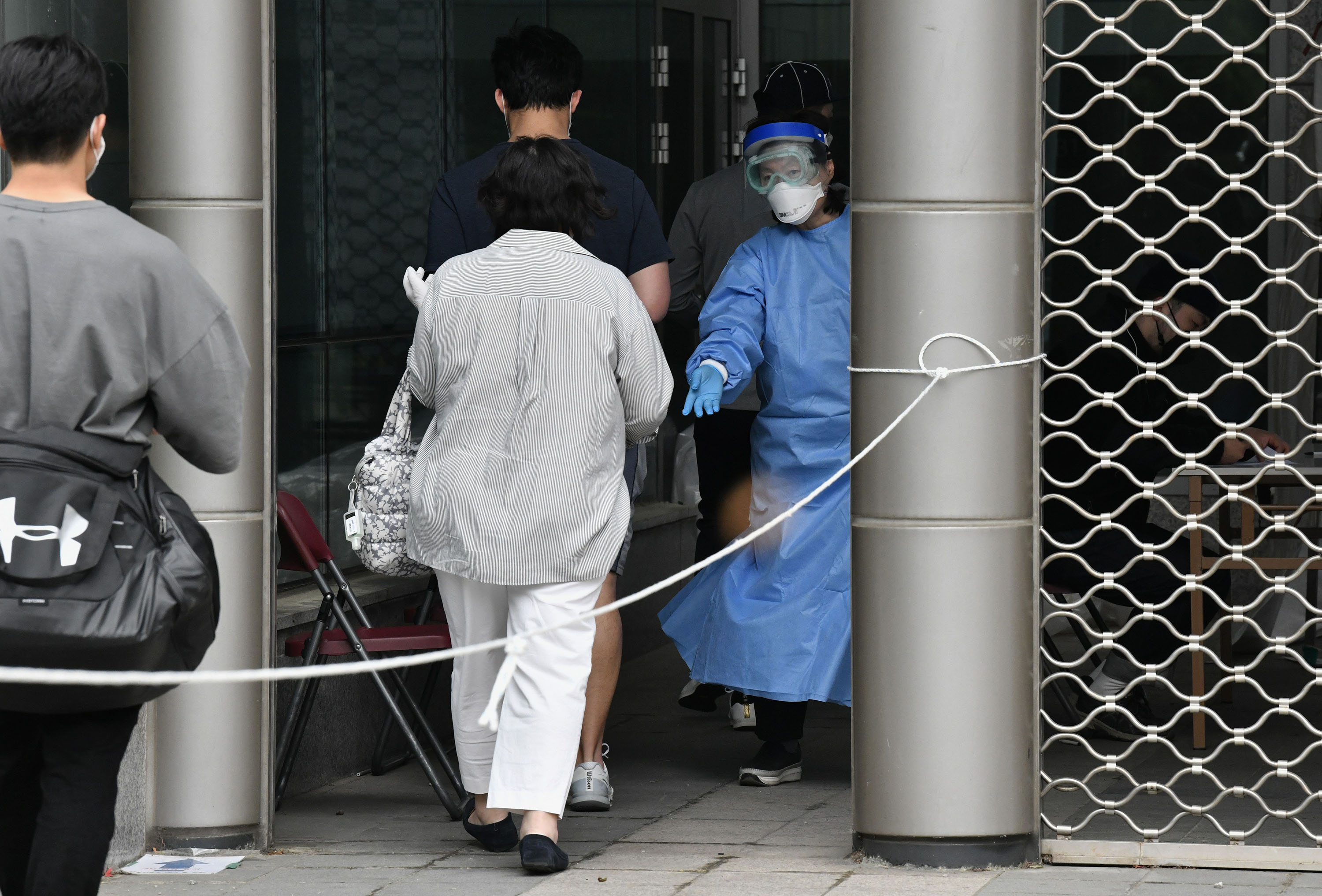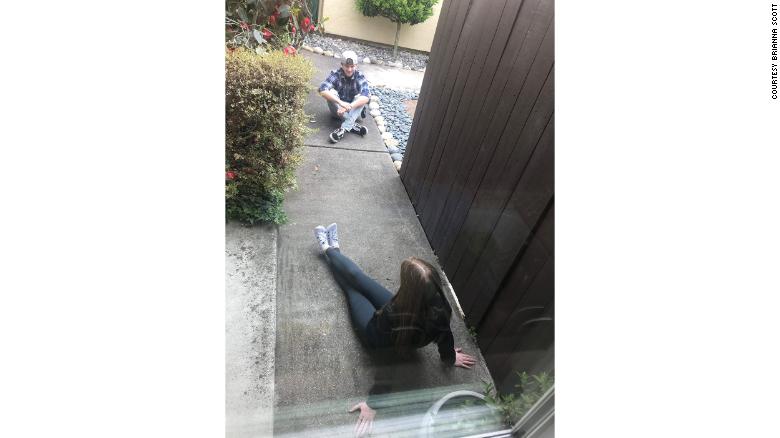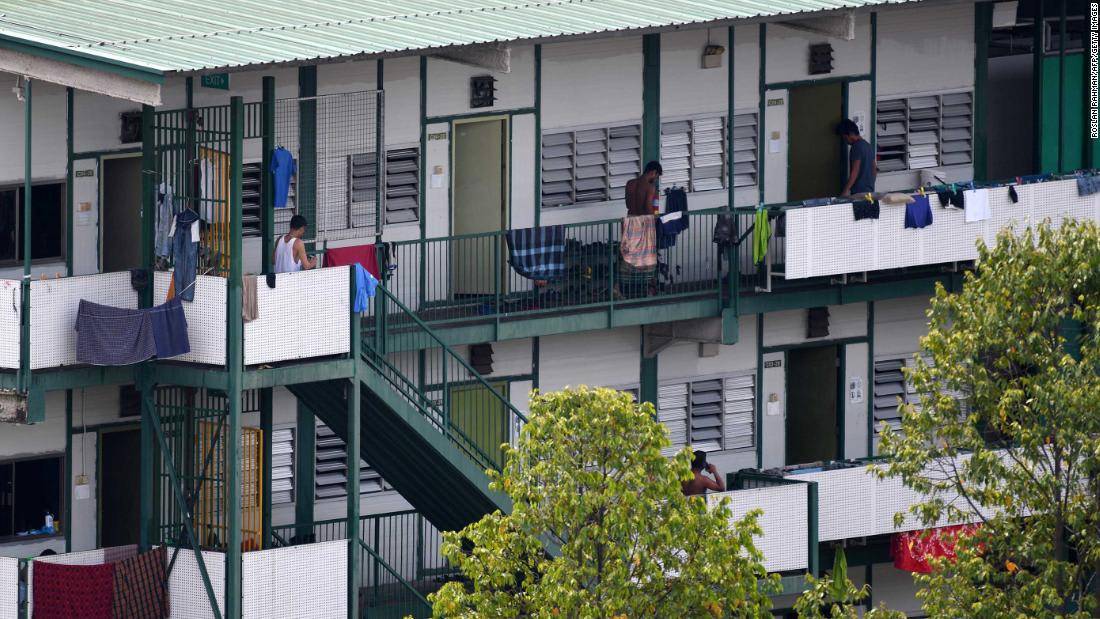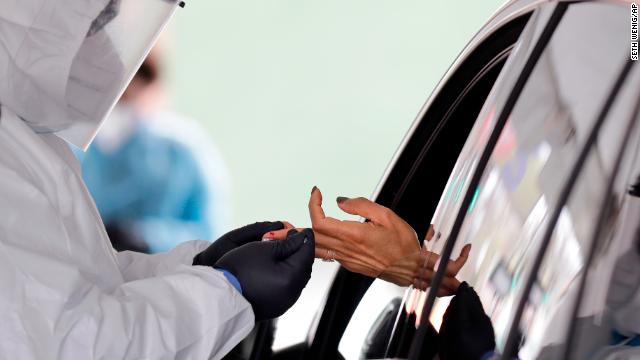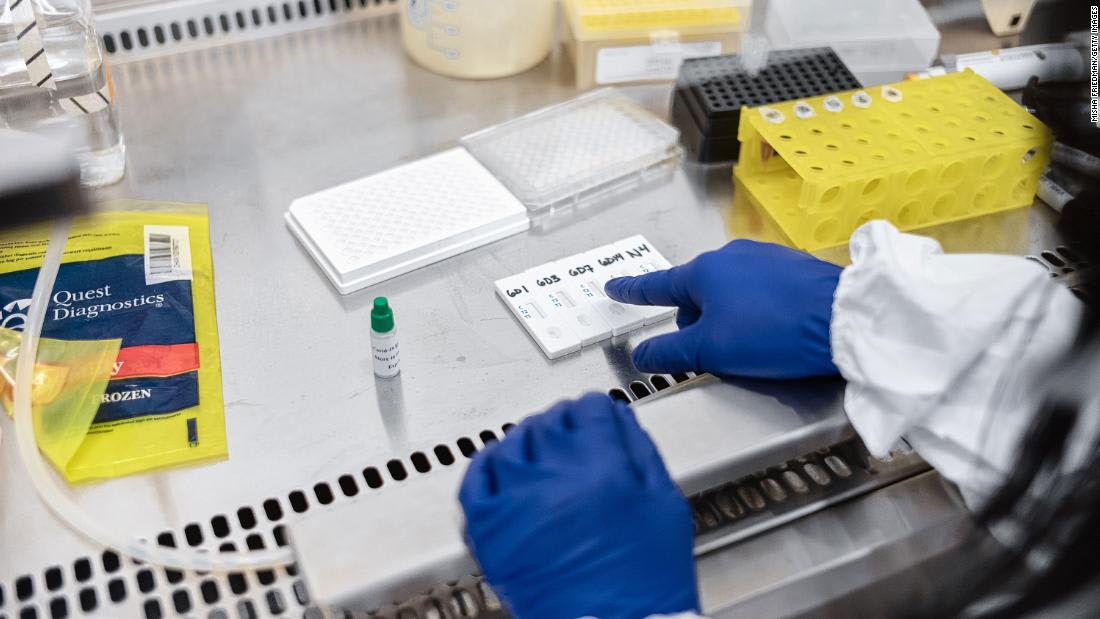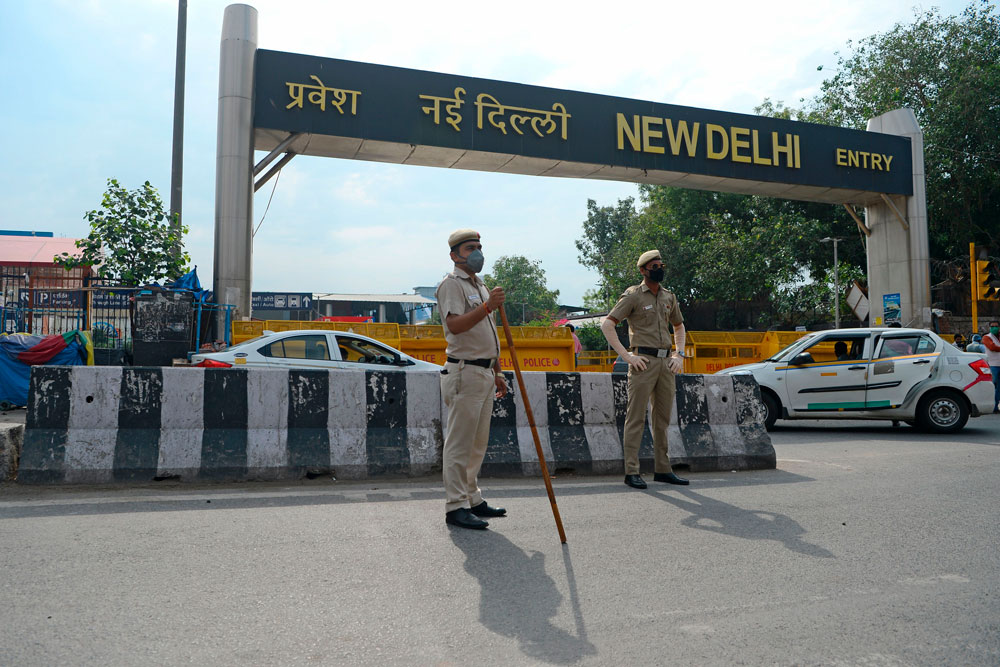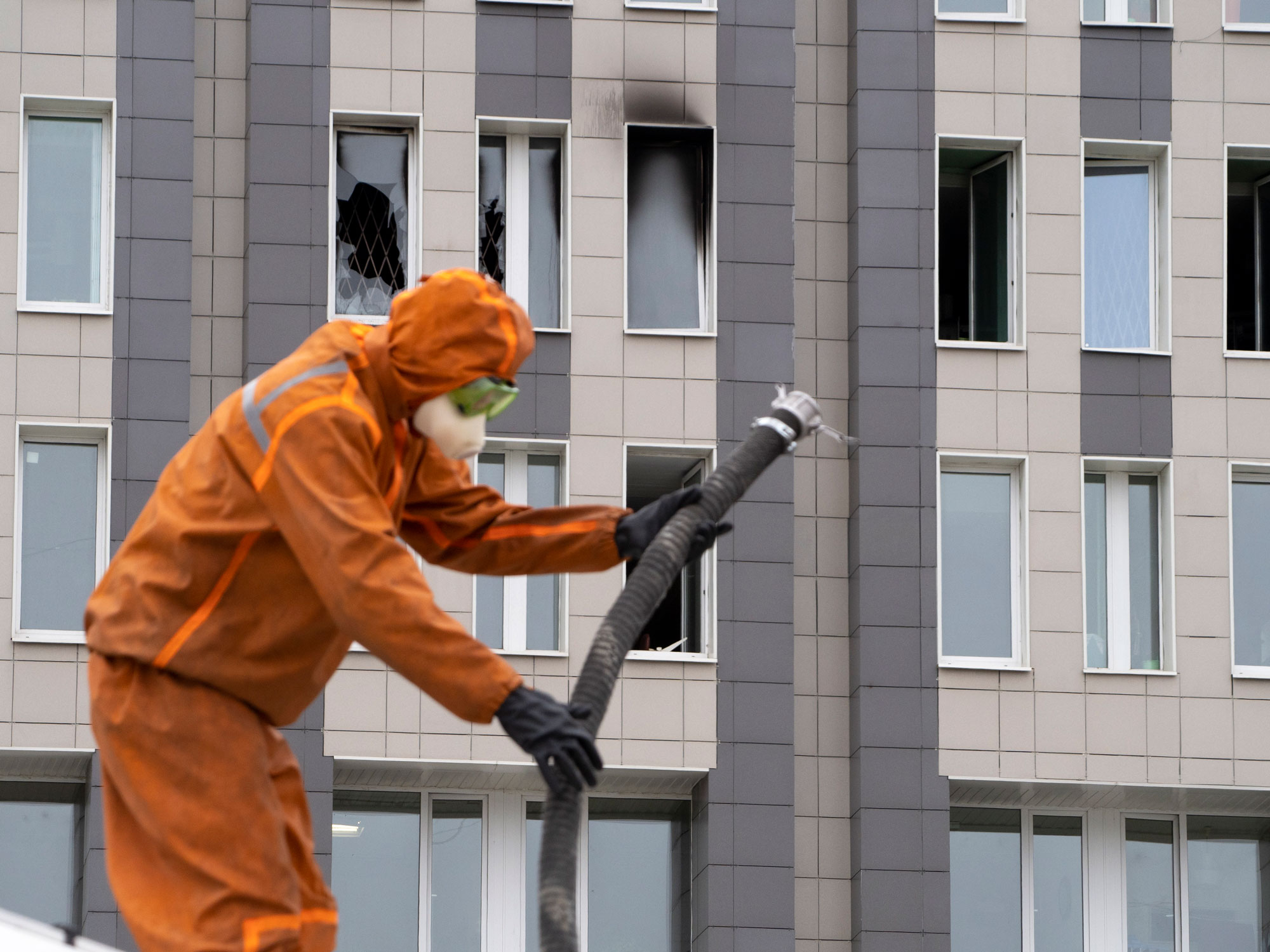
A law extending France's state of emergency went into effect today, a day after lockdowns began lifting across the country.
The state of emergency law gives the government the power to enforce measures to avoid a second Covid-19 peak.
France has been in a state of emergency since March 17 and the new law extends this through July 10.
The law gives the state the power to enforce measures like restricting travel to within 100 kilometers (62 miles) from home, making masks mandatory on public transport, and banning gatherings of more than 10 people.
The bill passed through parliament this weekend and was reviewed by the Constitutional Court on Monday. The court removed some provisions, such as allowing the government to mandate quarantine for overseas travelers without a judge’s order. It also reinforced privacy protections around the personal data that would be collected in a tracing system that has yet to be developed.
France has reported 177,547 total Covid-19 cases and 26,646 related deaths, according to data from Johns Hopkins University.
Lockdown lifted: The country eased lockdown measures on Monday for the first time in more than 50 days. In Paris, traffic returned to the Champs Elysees, shops reopened, and people gathered with friends on the banks of the River Seine.



